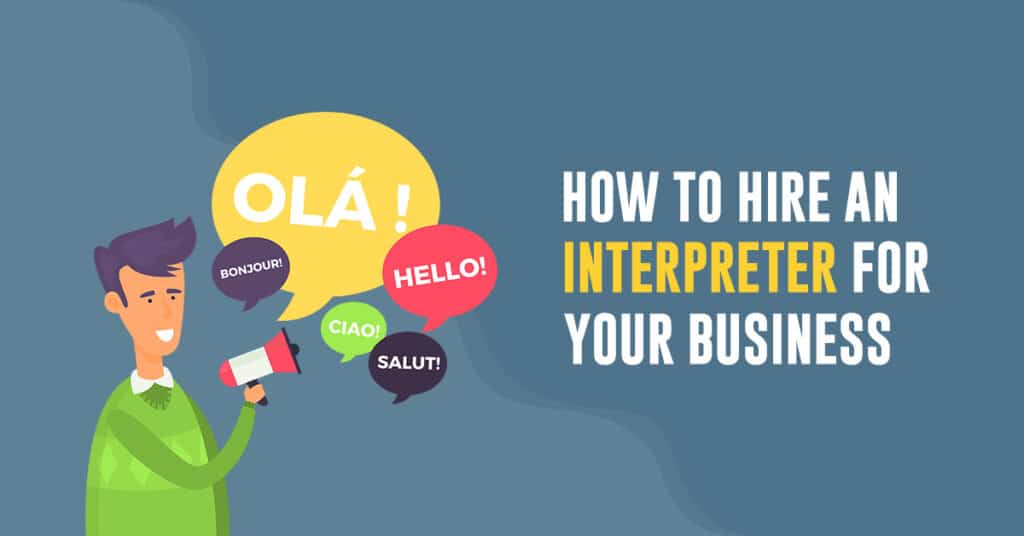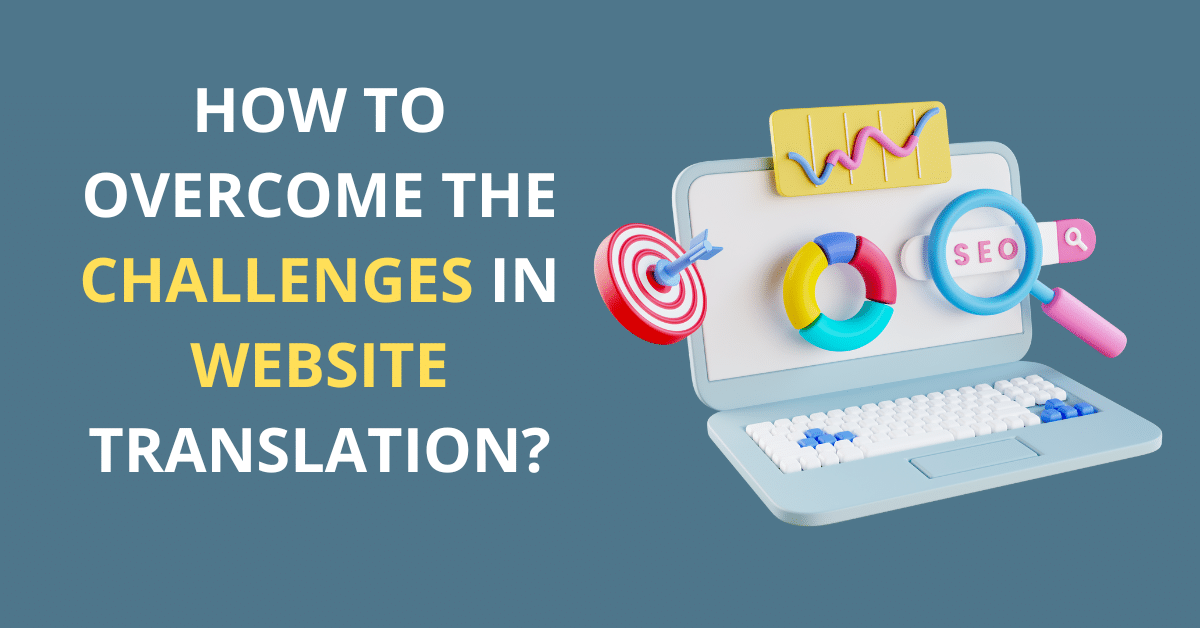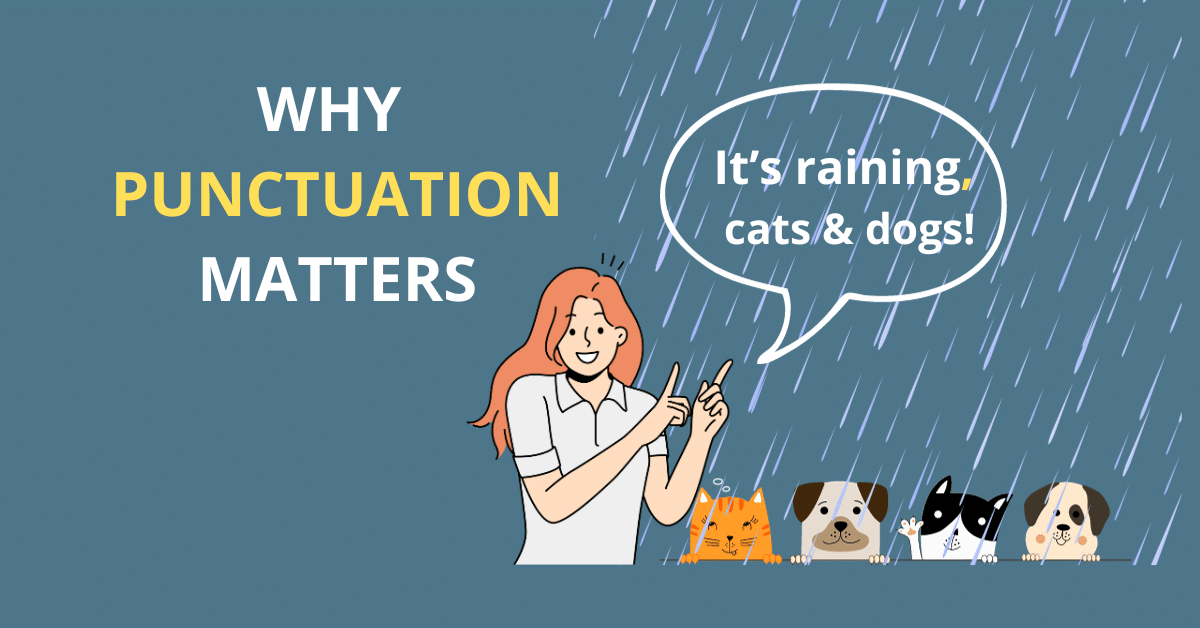These days, knowing other languages in addition to your native tongue is often an opportunity to boost your CV and can even be a specific job requirement. Communication with people from different countries and cultures is often an integral part of day-to-day responsibilities. And business negotiations with international partners will be more likely to succeed if the job of translating is done perfectly, avoiding misunderstandings caused by half-way decent but nevertheless imperfect language skills contributed by members of your company’s delegation.
That’s why the safest course of action is to hire a professional agency that offers interpreting services, as it will allow you to rest assured that the job will be done without errors arising from gaps in knowledge.
But just because hiring an interpreter for your business might be the right choice, it doesn’t mean that the process itself is an easy one. We explain below how to hire an interpreter for your business.
The Difference Between an Interpreter and a Translator
Before we begin, we would like to explain the difference between the terms interpreter and translator. If you don’t use the services of either of these groups frequently, you might use the words interchangeably. However, to speed up the process of searching for a suitable agency, you should be aware that interpreting has to do with the spoken word, whereas translation refers to written text.
You might think that these are similar, and in a way they are, as the goal of both is to translate from one language into another, but the skills required for these two professions differ quite a bit.
Interpreters need to translate the content of someone’s speech into another language and, more importantly, to do it quickly, even if the translation won’t be as perfect as in the case of the written word. Interpreters also need to have a great memory and be able to perform under stressful conditions. Their social intelligence matters too, as interpreters often take part in important business meetings and international conferences, interpreting in real-time.
Translators, on the other hand, rarely need to translate texts as quickly as interpreters, but their translations have to be even more accurate than those created on the spot. Translators also need great time-management skills, as larger projects could require weeks of intense focus, and doing the entire work in a couple of days might not be a viable option.
Before you start looking for someone who will help your company by offering professional interpreting services, you need to make sure that you do actually need an interpreter and not a translator, or you might waste time unnecessarily.
How To Hire an Interpreter
Now that you understand the difference between an interpreter and a translator, let’s look at the aspects you should consider when hiring an interpreter.
The Languages Involved
Before you go into any other details about the interpreting job when approaching agency representatives, you should first tell them the language pairs you need help with. Some languages, like Spanish, English, Chinese and French are extremely popular, due to both the number of native speakers and also their role in business, cultural and scientific communities.
If you need to find professional interpreters who are highly skilled in these languages, you shouldn’t have much trouble, as most language agencies will have someone who knows them well.
However, even though demand is highest for translation jobs involving those languages, you might need an interpreter for a less popular one. In this case, you might find it difficult to locate a person who would know the language well enough to provide satisfactory services at a conference or other types of event.
A potential solution in this instance could be to get in touch with our representatives and let them know what type of interpreting you need. We offer translation services in more than 100 languages. This means there is a good chance that we’ll be able to help you with the job if, for example, you have the option of dispensing with live interpretation of an internal company presentation for offices abroad and can have the marketing presentation translated into other languages after the meeting has taken place.
Even if you know that your company needs the help of an interpreter, you also need to let a translation agency know whether you need simultaneous or consecutive translation services.
The Type of Interpreting Service Required
Depending on the type of interpreting required, and whether it is to be done in person, by phone or over the internet, a different type of translation equipment will be required in each case.
Some interpreters might have incredible language skills and years of experience interpreting at a variety of prestigious institutions, but they might not be well-acquainted with the translation software required to interpret at an international video conference. If you want to be absolutely sure that interpreters chosen for the task will provide an excellent service, you need to give them with as much information about the interpreting job as possible before they start.
The Topic to be Translated
If your business needs to hire an interpreter for a scientific conference, it won’t be sufficient simply to find an interpreter with years of experience at conferences. At a live event when translation has to be instant, an interpreter needs to have a good grasp of the subject matter, or their interpretation won’t be either quick or accurate enough.
So when you contact an interpreting agency or a freelancer to assist you at an online conference, for instance, you’ll need to inform them about the topic of the presentation. In the same way as you wouldn’t be able to give a speech in your native language on a subject like law, physics, or quantum mechanics if you hadn’t studied them in depth, even skilled and highly-trained interpreters don’t usually focus on more than two or three different fields of expertise.
An interpreter who would be of great help during a conference on legal systems might not therefore be a suitable choice for a conference on the danger posed by invasive wildlife species. At the same time, at such events the content of the presentation is often new to the audience itself, which is why even if an interpreter knows the field fairly well, they might still encounter difficulties in making sure those listening also understand correctly.
That’s why it is customary for speakers to share their notes on the presentation with interpreters before the event, so that they can fill in any gaps in their knowledge.
Their Experience
Lastly, before you hire an interpreter, you shouldn’t rely on their assurances alone or you might find out later on that they were less than a perfect match for the job. Instead, you should contact their previous customers and see what they have to say about the job they’ve done.
Even if an interpreter has completed prestigious interpreting courses, there could be other factors that may affect the quality of their services, such as a lack of social sharpness, an unclear voice either naturally or due to the technology they use, or a tendency to get easily stressed.
That’s why you should also check out reviews of an interpreting agency online, although these might not always provide enough information to make such an important decision.
Conclusion
Although in the modern world plenty of people know other languages apart from their native tongue, it doesn’t mean that their skills are sufficient to interpret at live events, such as press conferences, business meetings, or trade negotiations.
Apart from an excellent knowledge of the language itself, an interpreter also has to have in-depth knowledge of the culture, as it isn’t enough to simply translate words to convey the true meaning.
We all see the world differently, which has to do with our personalities but also our cultural background. To explain certain phenomena, trends, or inside jokes, interpreters therefore need to be aware of the cultural knowledge of participants at live events.
At the same time, we shouldn’t forget that interpreters don’t have much time to think on their feet, which can be very stressful. Finding an interpreter who will match your needs might therefore not be an easy task, especially if you need help with some of the less-popular languages. However, we hope that after reading this article, you know what personal and professional characteristics to look for when hiring an interpreter.




